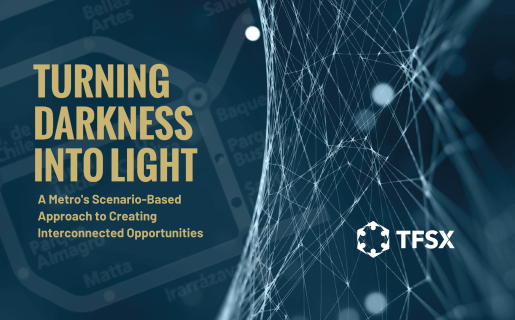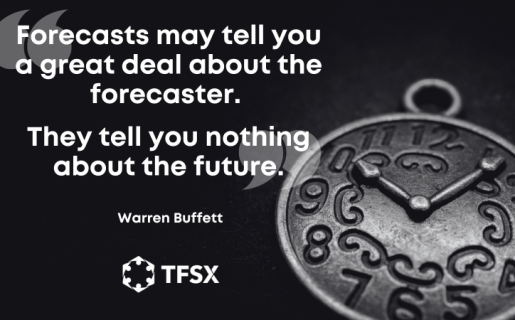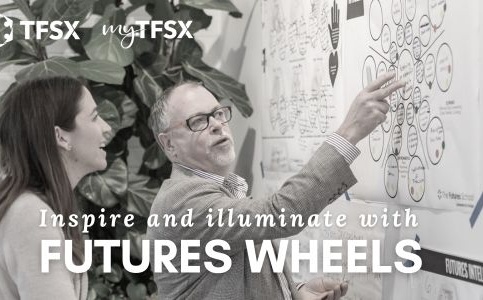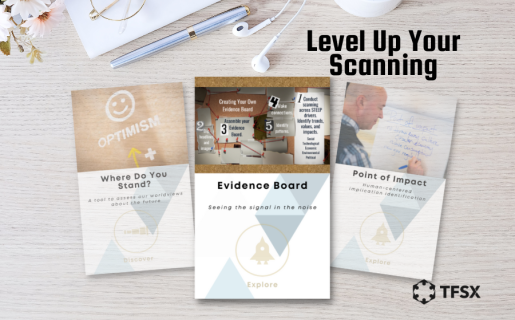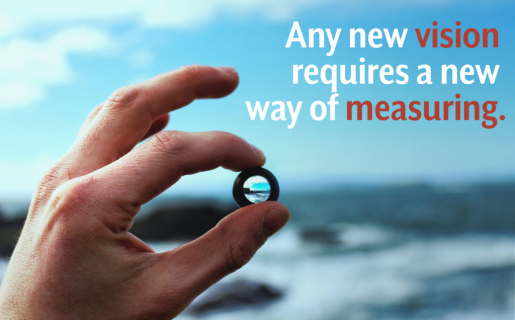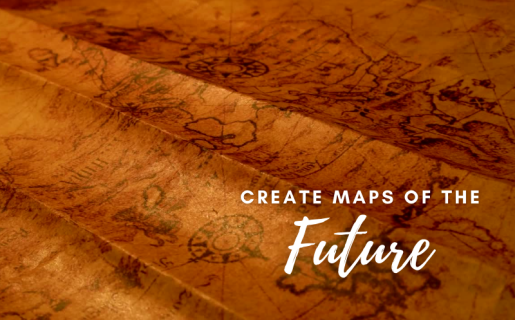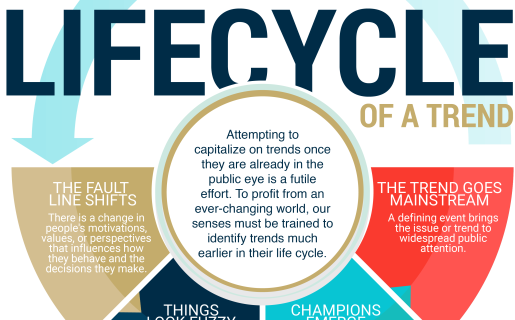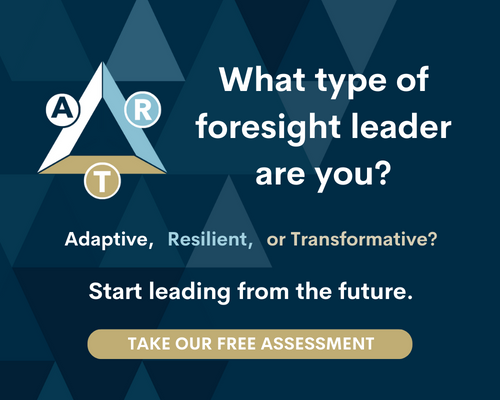From Darkness to Light: How Metro de Santiago Embraced Foresight to Navigate Uncertainty
“From Darkness to Light” highlights the journey of Metro de Santiago (Metro), the public transportation system in Santiago, Chile to transform its approach to planning and decision-making in response to significant disruptions caused by social unrest and the COVID-19 pandemic. Facing Unprecedented Challenges In 2019, a fare increase triggered widespread protests, with Metro becoming a focal point of public anger and experiencing significant damage to its infrastructure. This event, coupled with the operational impacts of the COVID-19 pandemic, created a…
Don’t Confuse Forecasting with Foresight
In a world that is enamored with short-term actions, incremental innovation, and quantifying everything, it’s important to understand that “forecasting” and “foresight” are not the same thing. They may have the future in common, but that does not make them equals. Forecasting uses quantitative data and trends in an attempt to fill in gaps and extrapolate outcomes. However, data by its very nature is a snapshot of the past (just as trends are the present – you know about them…
5 Tips to Avoid “Foresight Burnout”
If you’ve learned about Strategic Foresight recently, you’re likely wondering how to start socializing it to the broader organization. You recognize that there’s disruption and opportunity just on the horizon and you want to capitalize on that information without interrupting the flow of everyday business. Sadly, the future is not on everyone’s radar (except if you’re talking risk, or certainty). You need creative ways to inspire the team to consider the pull of the future without overwhelming them. Here’s five…
Tool Spotlight – Futures Wheels: Reimagined!
Futures Wheels are simple. In the center of the tool is the issue to be explored, surrounded by a series of concentric circles that increase in time further away from the subject. The exercise begins with identifying immediate consequences that result from the initial issue. Each ring that follows is further out in time and includes consequences of the ones before, like ripples from a pebble in a lake.
Tool Spotlight – Level Up Your Scanning
What Can Crime Investigations Teach Us About Futures Intelligence? What does hunting for a killer have in common with hunting for signals? I’m so glad you asked! If you’ve watched any crime dramas or murder mystery flicks then you know the fearless detective always ends up standing in front of an evidence board, meticulously stretching yarn across push pins, noting connections between seemingly unrelated data points. https://vimeo.com/870049103/a0e8e8c1d0?share=copy With images, notes, and headlines connected with string or yarn, these visual collages…
Creating Stories of Change: Reframing Causal Layered Analysis as Narrative Transformation
The Importance of Story in Organizations and Society The early 21st Century has been characterized as a time of great global change, reframing the way that we connect, create, and consume. This profound shift in human development is not only a catalyst for the destruction of our antiquated industrial systems, but is also facilitating the emergence of new models of transformation.
Scenarios: Going Beyond Data To Map Complex Futures
When we want to implement change and transformation in our organizations, we are introducing a new vision or a new level of growth.
Scenario Development in the 21st Century
We have increasingly focused on the quantifiable world over the past 100 years as a means to growth and progress. Organizations have become obsessed with numbers and the warm, fuzzy feeling they give us when they neatly add up to demonstrate that the future looks bright. In reality, life has always been a mixture of what we might call “quantified and qualified metrics.” Today’s world is now forcing us to recognize the importance of qualitative measurements by virtue of its…
“Can you teach me thermodynamics in 20 minutes?”
overcoming short attention spans in foresight integration Having worked in corporate America for 15 years before joining the foresight, innovation , and strategic design firm Kedge and co-founding TFSX, I know firsthand the challenges of integrating futures thinking in all types of organizations. For-profit entities like The Walt Disney Company (where I was charged with spearheading the first division in the company’s history focused on the future) are built with a bias toward short termism, but they are hardly unique.…
How Long Does the Future Last? The Lifecycle of Futures Intelligence
Environmental scanning is the lifeblood of Strategic Foresight. You can be a futurist and never make a single scenario, but you can’t be a futurist if you never scan. Scanning helps us to rewire our brains and supports our pattern and sensemaking skills. After weeks of scanning, it’s time to merge research into something tangible. A collection of scan hits and occurrences unveils that something larger is emerging– a trend! Trends deserve names and solid descriptions that include several examples…

